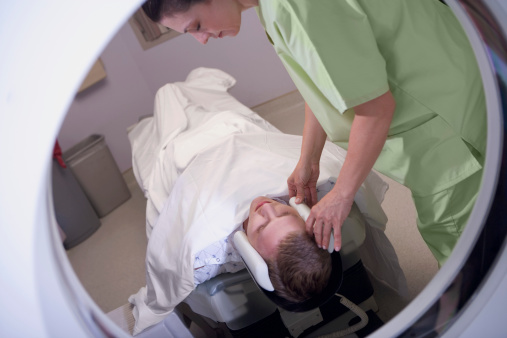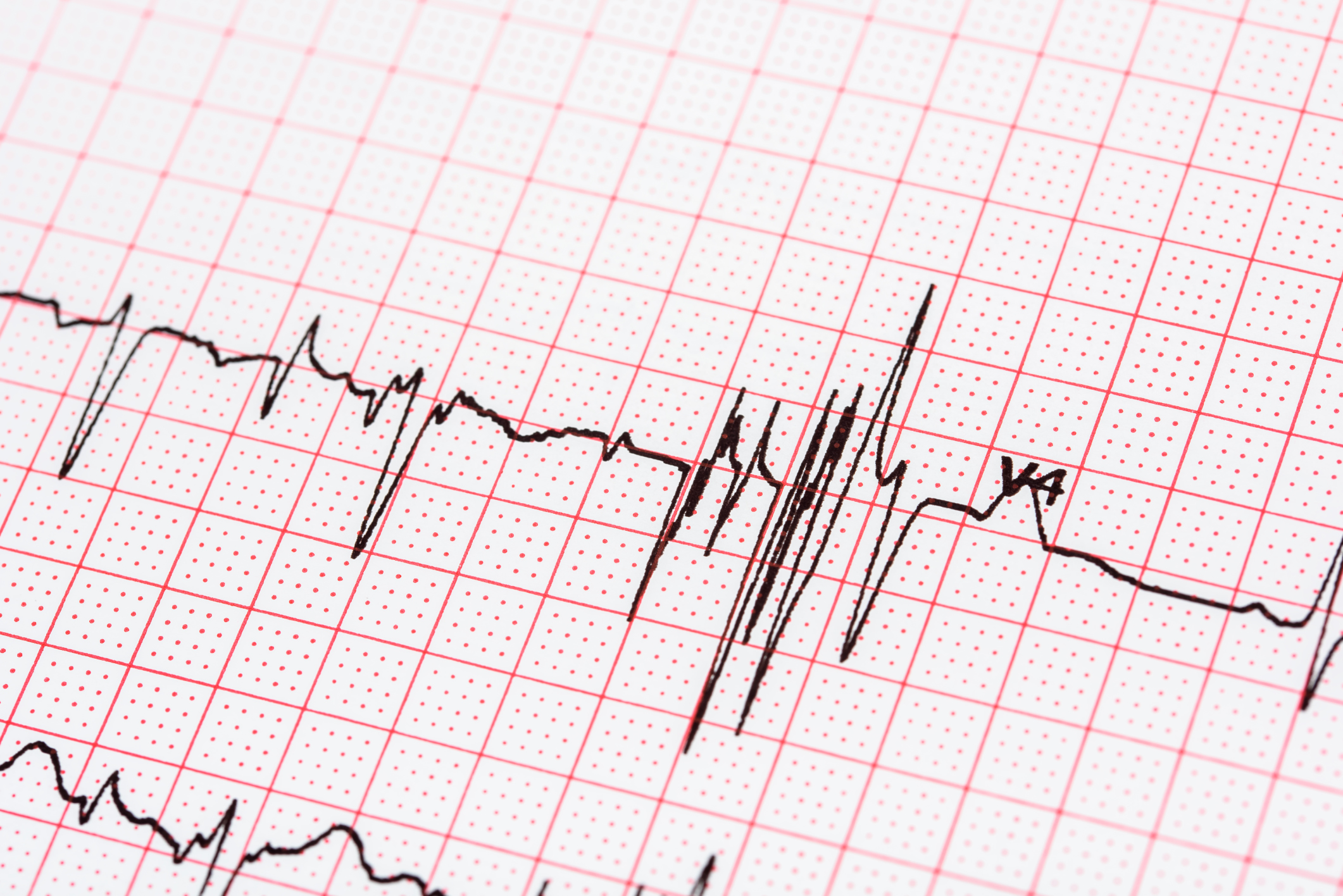Hospital visits related to heart problems spike after snowstorms
Bad weather, like snow squalls and blizzards, are common in the winter months and can be dangerous. Not only do snowstorms cause hazardous driving conditions, but they can also contribute to power outages and other events that can negatively impact your health and safety. A recent study found that, aside from the obvious dangers associated ...click here to read more














